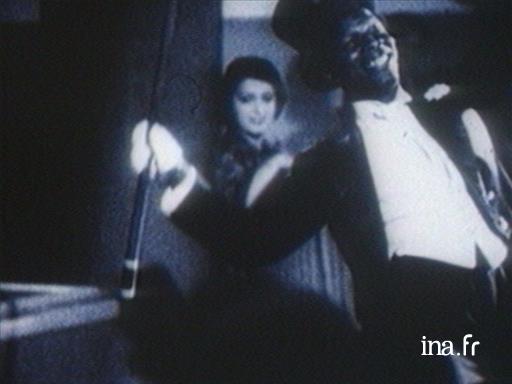Ernest Leardée or the story of Biguine, history of the bal nègre, rue Blomet

Information
Report about maloya, the music of Réunionese slaves, born on sugar cane plantations. It was banned for a good many years.
In Réunion, as in all French territories, slavery was abolished in 1848. But it took decades for the former slaves and their descendants to be able to enjoy all their rights. And even though the Republic gave them their freedom, it also denied them their culture. For a very long time, black Creoles on the island were not allowed to play this type of music. Anyone who played the "roulèr", a type of local drum, was liable to a fine. Maloya was finally authorised in 1981. Since then, old musicians on the island have got out their roulèrs, Nagaras and triangles again. Maloya is very much in fashion, and Granmoun Lélé, Firmin Viry or Daniel Waro have all become stars. Banned until recently, this music of former slaves is now even taught in schools.
- Europe > France > Ile-de-France > Paris
- Europe > France > Overseas > Guadeloupe
- Europe > France > Overseas > Martinique



